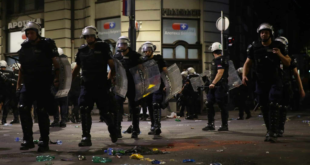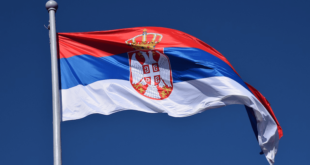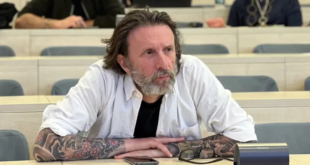The trial of seven Bosnian Serbs charged with taking part in murders, illegal detentions, torture and other inhumane acts against Bosniaks and Croats in Kotor Varos will begin this month.
The trial of the seven men, in a case transferred from the Hague Tribunal, will begin on May 19, a status conference at the Bosnian state court decided on Monday.
The indictment alleges that the defendants entered the houses of Bosniaks and Croats in the town of Kotor Varos and illegally arrested around 100 civilians, who were than imprisoned in several detention facilities where they were tortured, abused, beaten and taken to do hard labour.
The defendants are also charged with the forced disappearance of ten civilians whose remains were never found.
Savo Tepic, Dusko Vujicic, Dragoslav Bojic, Dusko Maksimovic, Radojko Keverovic, Rade Skoric and Ilija Kurusic are alleged to have committed the crimes from May 1992 until the end of the year.
According to the indictment, Tepic was the chief of the police station in Kotor Varos and a member of the Crisis Staff in the municipality, Bojic was the commander of the police station, Vujicic was a police officer, Maksimovic, Skoric and Keverovic were reservist policemen, while Kurusic was a member of the Bosnian Serb Army.
They have already pleaded not guilty.
The case is one of 44 transferred by the Hague Tribunal to the Bosnian authorities for investigation.
Presiding judge Zoran Bozic said that the prosecution had filed a motion to adopt the facts that had already been established by the international court in The Hague.
But the defendants’ lawyers objected to the proposal, saying that it had no basis in Bosnian law and would prejudice the case against the men.
“By accepting those facts, the defendants’ rights to a fair trial are violated,” said Milan Romanic, the lawyer for Bojic.
 Eurasia Press & News
Eurasia Press & News



